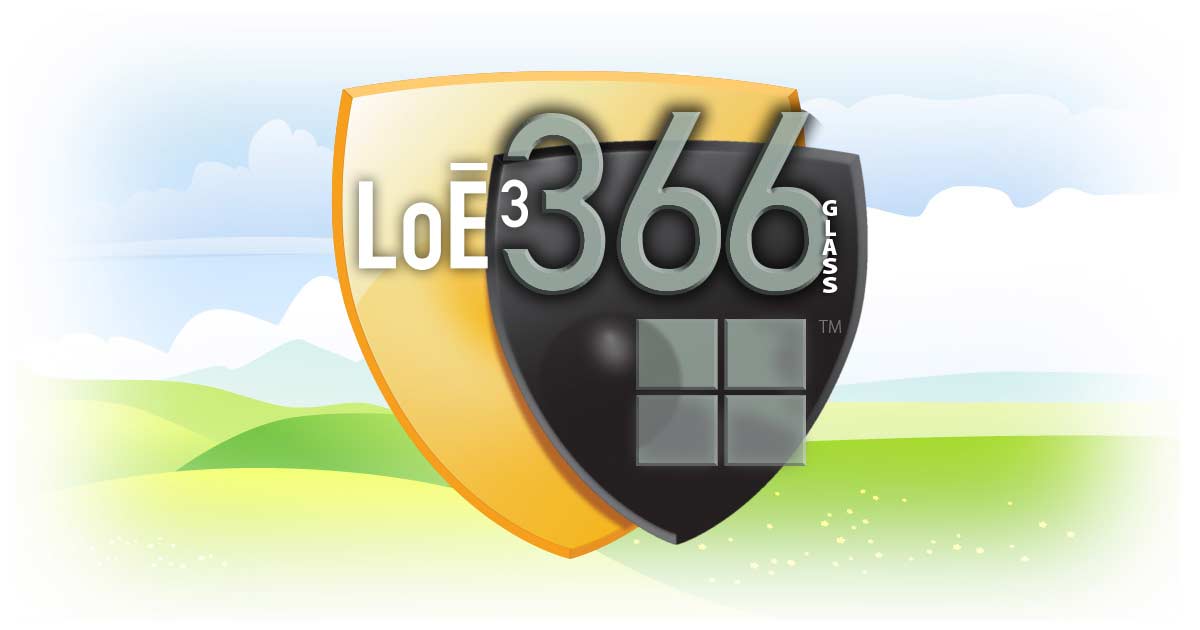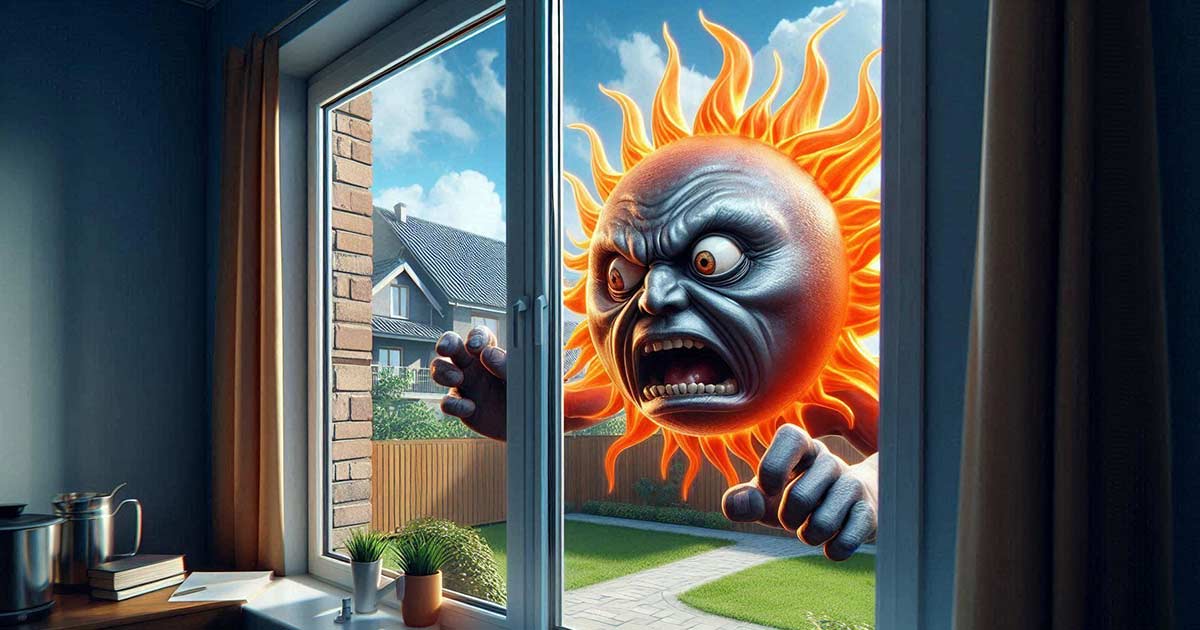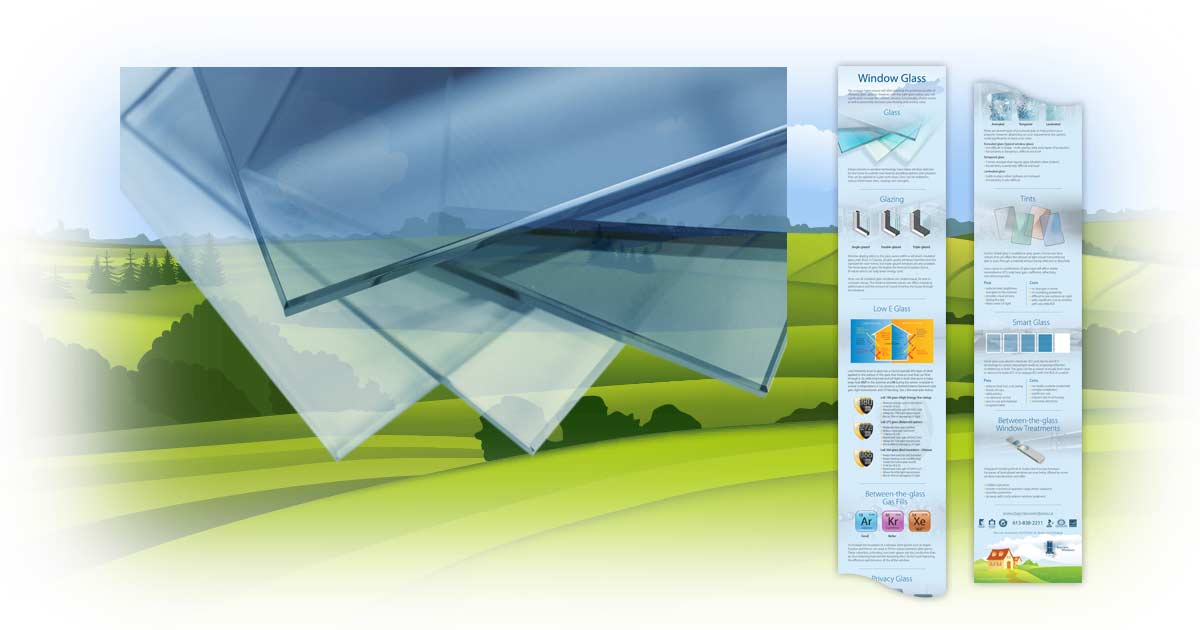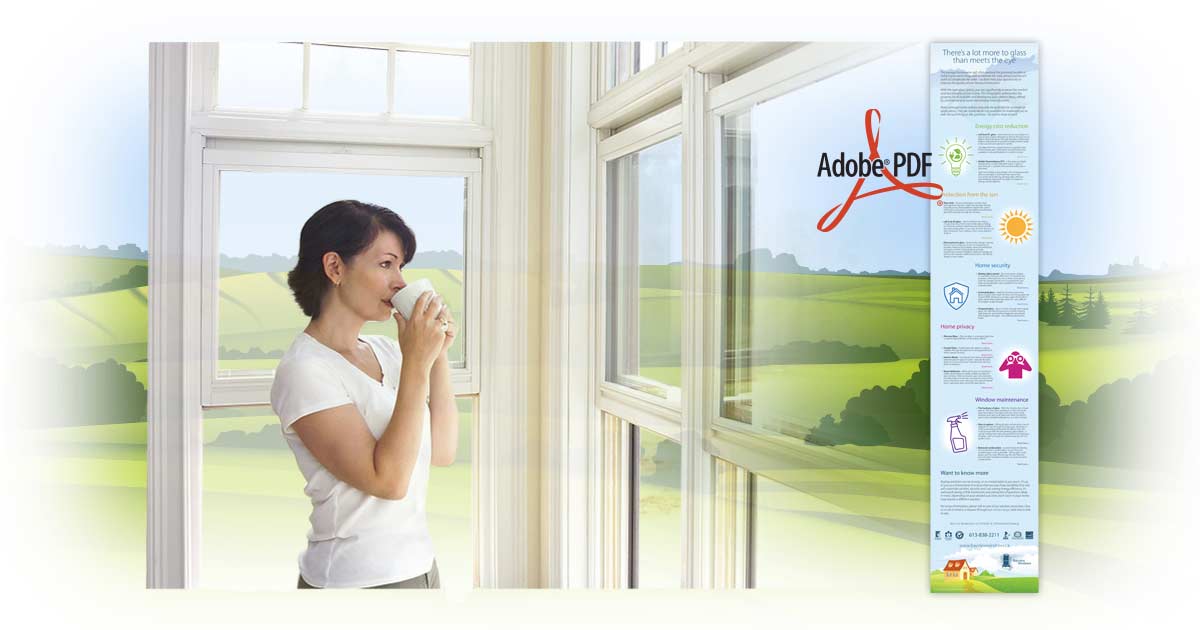Insights > Article > Posted: 2024-Aug-23, Updated: 2025-Mar-31
Glass Performance
Spectrally Selective Coatings
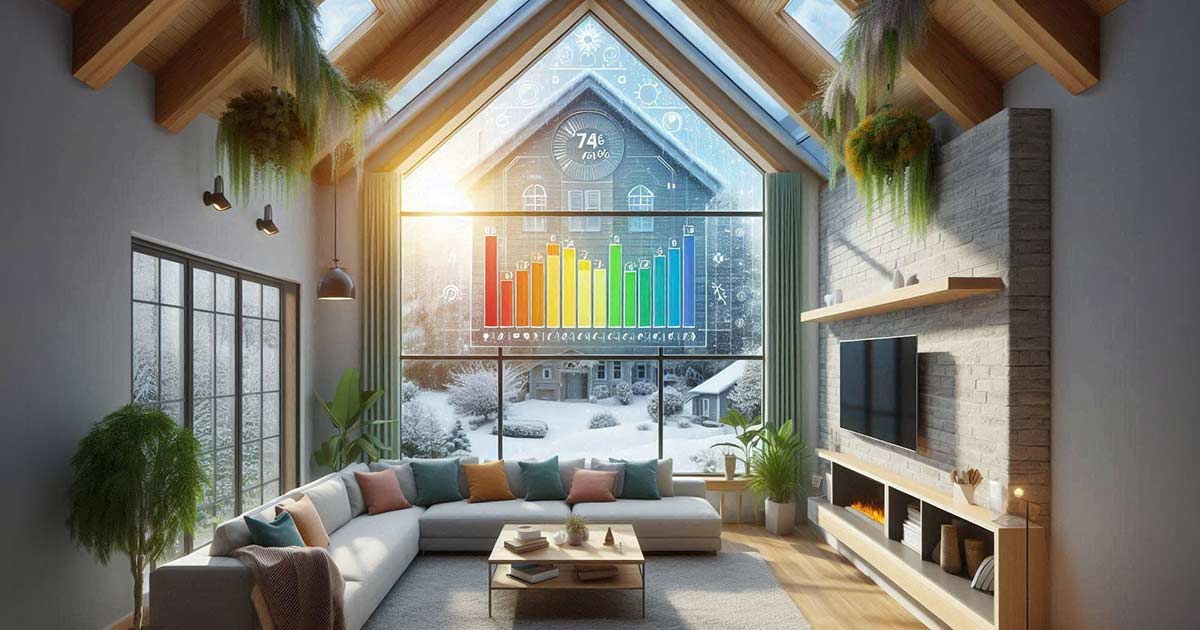
By selectively filtering out infrared (heat) and ultraviolet (UV) rays, these coatings help keep homes cooler in the summer and warmer in the winter without sacrificing brightness. Applied to windows and doors, they reduce heat transfer, lower energy bills, and protect furnishings from UV damage while maintaining a bright and natural indoor environment.
Some examples:
- Low-E Coatings: Reflect heat while letting visible light through, reducing heat gain in warm climates.
- Solarban 70XL: Provides high visible light transmission and significantly blocks solar heat, used in energy-efficient windows.
- Pilkington Suncool™: Balances solar control with high visible light transmission, ideal for reducing cooling loads.
- Guardian SunGuard: Offers various coatings optimized for solar control and maximizing natural daylight.
These coatings offer year-round benefits by reducing energy consumption in both summer and winter, protecting interiors from fading, and improving overall indoor comfort. They can also increase your home’s resale value by enhancing energy efficiency. Available in customizable tints, spectrally selective coatings can complement any home design without darkening the windows.
Environmentally friendly and compatible with multi-glazed windows, spectrally selective coatings further enhance insulation and sustainability by reducing the need for heating and cooling.
Our Canadian window manufacturer partners offering advanced energy-efficient glass solutions
NorthStar Windows:
Superior Energy Efficiency with Advanced Low-E Glass Solutions
- NorthStar offers Low-E glass options designed to optimize energy efficiency. These coatings enhance thermal performance while reducing UV and infrared light transmission, ideal for residential settings in Canada.
Del Windows and Doors:
Combining Performance and Comfort with Spectrally Selective Glass
- Del Windows provides high-efficiency window solutions with Low-E coatings that help control heat loss in winter and solar gain in summer. Their windows are designed for the Canadian climate, emphasizing thermal insulation and energy savings.
Dayside Windows and Doors:
Affordable Energy Efficiency with Cutting-Edge Glass Coatings
- Dayside Windows incorporates Low-E glass as a standard feature in their window products, offering energy-efficient solutions for homeowners. Ensuring that their windows reduce solar heat gain while maintaining good visible light transmission.
Strassburger Windows and Doors:
High-Performance Windows with Premium Low-E Glass Technology
- Strassburger is known for using high-performance glass products that emphasize energy efficiency, with Low-E coatings playing a key role in maintaining indoor comfort and reducing energy bills.
Martin Windows:
Craftsmanship Meets Energy Efficiency with Advanced Glass Technologies
- Martin Windows, a smaller manufacturer with a focus on quality craftsmanship, also offers windows with Low-E glass for enhanced energy performance providing spectrally selective coatings that are suited for Canadian climate conditions.
These manufacturers often rely on the advanced glass technology provided by large global suppliers to meet the energy efficiency and thermal performance needs of residential windows. Their partnerships with companies like Pilkington and Guardian ensure that their windows are equipped with the latest innovations in glass coatings, helping homeowners save on energy costs and improve comfort.
Related articles
Need more information?
In short, spectrally selective coatings help homeowners save on energy bills, improve indoor comfort, and protect their interiors, making them an attractive and practical feature in energy-efficient residential windows. Want to know more?
Efficient - INFOGRAPHIC
INFOGRAPHIC
Understanding Ratings
CDN Climate Zone
Comparing Products
Visual Transmittance (VT)
Solar Heat Gain (SHGC)
Energy Star (ER)
Air Leakage (AL)
R-value of Insulation
U-factor (U-Value)
Spectrally Selective Coatings
Low-E Coatings
Gas Between the Panes
